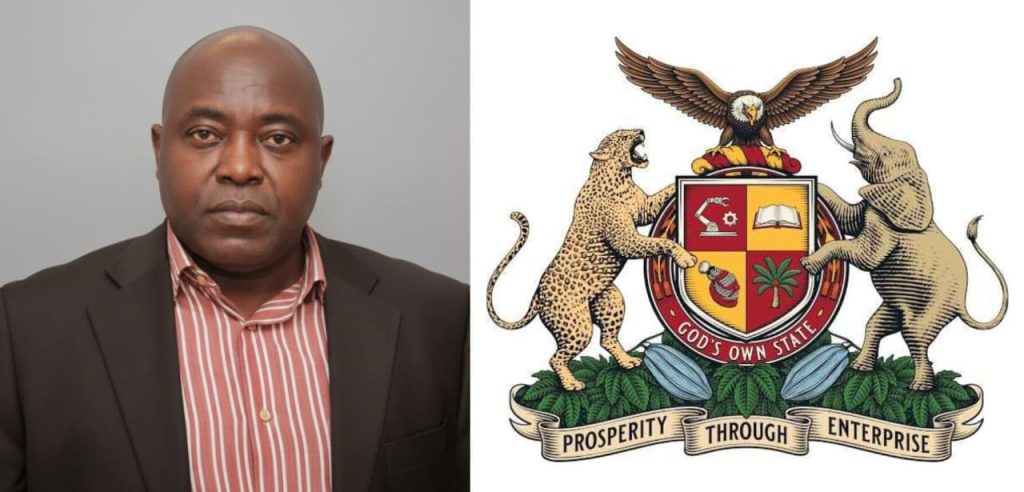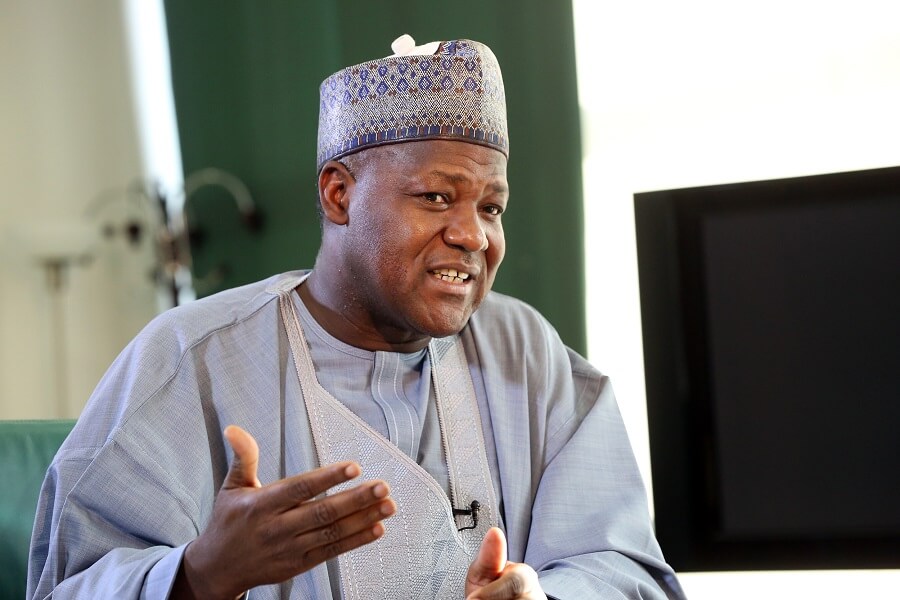French President Emmanuel Macron landed in Berlin on Sunday for a state visit to Germany, the first by a French president in 25 years. The visit aims to ease recent tensions between the two nations and to address the growing threat of the far right ahead of the European Union elections.
Macron’s three-day, four-stop visit underscores the historical importance of the Franco-German relationship, as France prepares to commemorate the 80th anniversary of the D-Day landings. However, the visit also comes at a time of unease between the two key EU states. Germany has been unsettled by Macron’s ambiguous stance on sending troops to Ukraine, and his often-dramatic foreign policy style has sometimes caused friction.
In a recent social media interaction, Macron and German Chancellor Olaf Scholz sought to reaffirm their partnership. Scholz appeared in a video on Macron’s X feed, expressing in French, “Long live French-German friendship!” Macron responded in German, underscoring their mutual agreement on the importance of their relationship.
Macron’s visit includes talks with German President Frank-Walter Steinmeier, whose role is largely ceremonial, as well as a speech in Dresden, a city known for its support of the far-right Alternative for Germany (AfD). Macron is expected to highlight the dangers posed by the far right to Europe during this address.
The trip also includes stops in Munster and Meseberg, where Macron will engage in a joint cabinet meeting with Scholz. The focus will be on strengthening Franco-German ties, which are crucial for European stability.
Despite frequent visits to Berlin, this state visit is particularly significant, marking the sixth such visit since Charles de Gaulle’s post-war state visit in 1962. The visit comes ahead of European elections, where Macron’s coalition is currently trailing the far-right, potentially struggling to even secure third place.
Macron’s recent keynote address on foreign policy emphasized the existential threats facing Europe. He warned, “Our Europe, today, is mortal and it can die… It can die and this depends only on our choices.”
While officials from both nations stress the underlying strength of their relationship, Macron’s recent comments about Ukraine prompted a strong response from Scholz, highlighting ongoing differences. Germany remains cautious about Macron’s vision of a Europe less dependent on the United States.
Helene Miard-Delacroix, a specialist in German history at Sorbonne University, noted that the Franco-German relationship often involves significant disagreements and compromises. Meanwhile, Mujtaba Rahman of Eurasia Group described the relations as “awkward, verging on hostile,” with little progress expected on major issues.
As Macron’s state visit continues, it will be closely watched for signs of how the two countries plan to navigate their differences and work together to address the challenges facing Europe.



